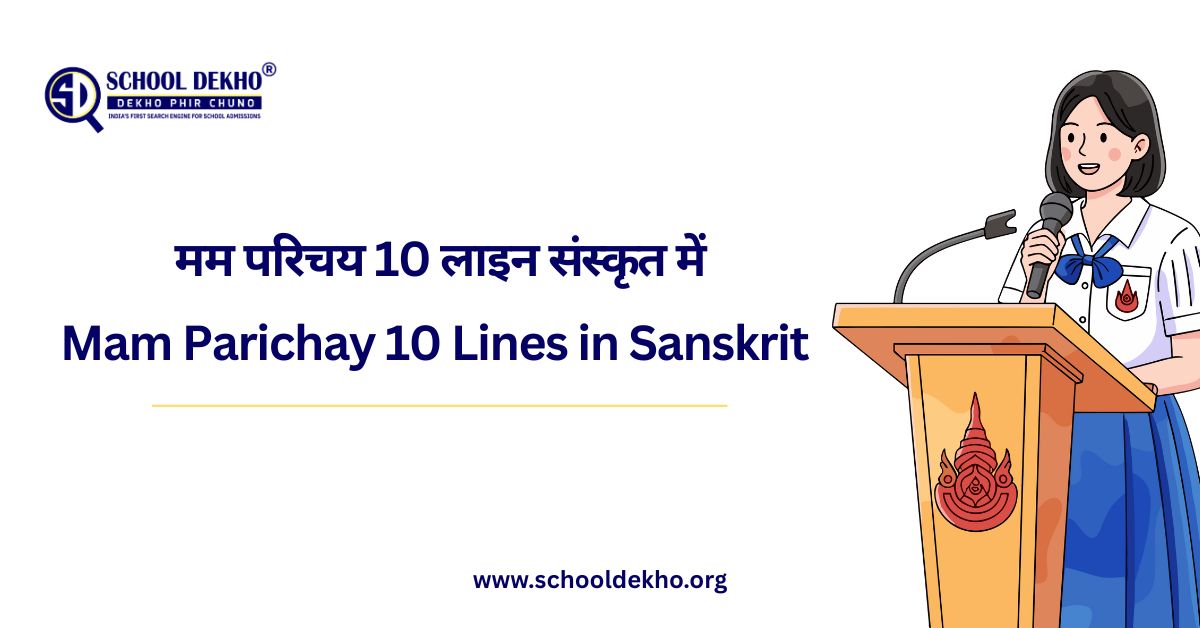Academicians Dissociate from Revised NCERT Textbooks, Seek Removal of Names

A group of 33 academicians, who were part of the textbook development committee of the National Council of Educational Research and Training (NCERT), have requested the council to remove their names from the current textbooks. This decision comes after two former NCERT advisors, Yogendra Yadav and Suhas Palshikar, dissociated themselves from the revised political science textbooks, which they deemed "rationalized."
In a letter addressed to NCERT director Dinesh Prasad Saklani, the academicians expressed their concerns over the substantial revisions made to the original NCERT textbooks. They highlighted that the recent rationalization exercise conducted by NCERT has compromised their collective creative effort. The revisions include the deletion of sentences and the removal of sections, including entire chapters, based on what is considered acceptable or desirable. The decision-making process regarding acceptability and desirability has been opaque, violating principles of transparency and academic knowledge production.
The academicians stated that due to the significant revisions, the current textbooks differ substantially from the books they initially developed. Therefore, they find it difficult to associate their names with these revised textbooks and claim ownership of them.
Notable signatories of the letter include Pratap Bhanu Mehta, former vice-chancellor of Ashoka University, Radhika Menon from Delhi University, Nivedita Menon from Jawaharlal Nehru University (JNU), Kanti Prasad Bajpai, Vice-Dean of National University Singapore, and former JNU professor Rajeev Bhargava, among others.
Expressing regret over the turn of events, the academicians requested the NCERT to remove their names as members of the Textbook Development Committee from the political science textbooks.
This development follows the earlier letter sent by Yogendra Yadav and Suhas Palshikar, former chief advisors of the textbook development committee, to the NCERT. They alleged that the rationalization exercise had mutilated the textbooks beyond recognition and rendered them academically dysfunctional.
The controversy surrounding the revised textbooks arose from the removal of various topics from the syllabus, including references to the theory of evolution, the Cold War, the Mughal courts, the industrial revolution, the 2002 Gujarat riots, the contribution of agriculture to the Indian economy, and challenges to democracy.
In response to the concerns raised, the NCERT issued a statement asserting its right to make changes based on copyright ownership. The council emphasized that the withdrawal of association by any member was not an option.
Seeking clarification on the issue of Intellectual Property Rights (IPR), the academicians questioned NCERT's authority to make substantive changes to the textbooks while claiming that the same contributors and chief advisors remain responsible for the revised text.
As the debate continues, the dissociation of academicians from the revised textbooks underscores the significance of transparency, contestation, and maintaining the integrity of academic knowledge production in the development of educational materials.
Contact with Us
Call: 1800 - 2588 - 074
Mail: info@schooldekho.org
Student’s Best Education Portal | School Dekho | India's First School Search Engine | Best Schools Near Me | Find Schools Near Me | Dekho Phir Chuno
#dekhophirchuno






